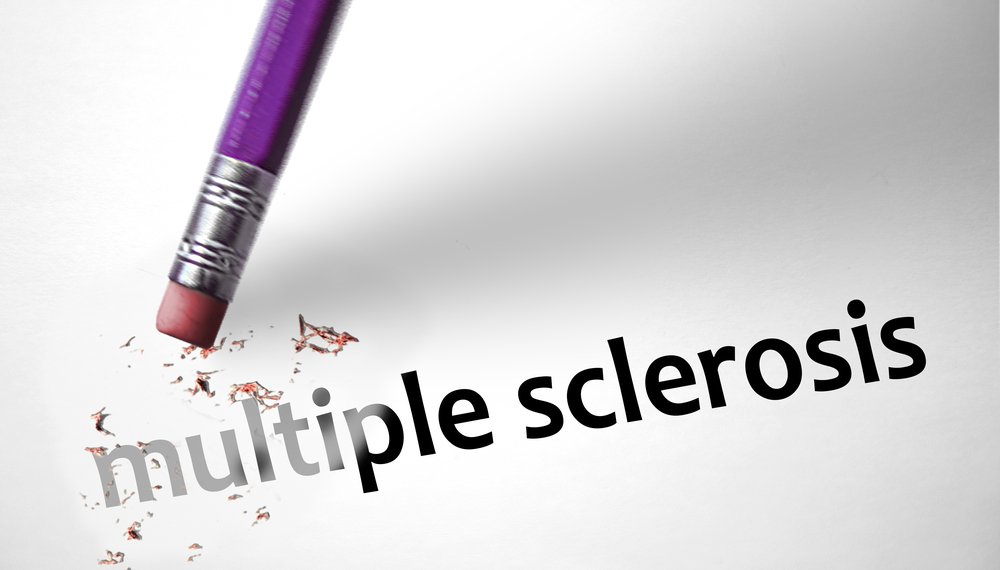Burden of Multiple Sclerosis Relapses Is Underappreciated, Study Says

The burden of moderate-to-severe relapses in multiple sclerosis (MS) patients is underappreciated, according to a study sponsored by the pharmaceutical company Mallinckrodt.
Researchers discussed the findings at the American Academy of Neurology’s 69th annual meeting in Boston, April 22-28. The title of the presentation was “The Economic Burden Of Moderate-To-Severe Multiple Sclerosis Relapse In The United States: Findings From A Systematic Literature Review.”
The research team reviewed 24 scientific studies on the economic burden of MS relapses. Most did not address relapse severity, but those that did showed that the cost and impact of MS relapses increases with the severity of the episodes.
A study in 2003 put the three-month cost of a moderate-intensity relapse at $1,847 and a high-intensity one at $12,870. In 2016, those costs would be equivalent to $3,092 and $21,544.
A study in 2013 put the one-year cost of a low-to-moderate-intensity relapse at $18,981 and a high-intensity one at $29,355. The equivalent 2016 costs would be $21,959 and $33,961.
The effects of relapse severity on patients’ functioning and disability, caregiver burden, and relapse duration are hard to measure and have not been properly investigated, the researchers said.
They concluded that the burden associated with moderate-to-severe relapses in MS has yet to be understood, a situation that has implications for relapse awareness and management.
The fact that there have been few studies on the severity of MS relapses limited the analysis and could have impacted the results, the team said.
Mallinckrodt manufactures the H.P. Acthar Gel, which has been used since 1980 to treat MS relapses, providing fast relief. The gel contains purified adrenocorticotropic hormone (ACTH), which triggers the body’s own corticosteroids — cortisol, corticosterone, and aldosterone — and may also affect immune B- and T-cells. Corticosteroids are a class of steroid hormone.
The gel is often prescribed for patients who have not responded to corticosteroid treatment or have experienced severe side effects from it.
Previous studies have shown that the gel decreases hospitalizations and outpatient visits and, consequently, the financial burden associated with relapse treatment. There is no evidence that Acthar Gel affects the course or outcome of MS, however.
Mallinckrodt also discussed the gel’s ability to treat spasms in children at the American Academy of Neurology meeting. It said the gel reduces both the number and duration of hospitalizations and emergency-room visits.
“Mallinckrodt continues to build on the knowledge surrounding IS [infantile spasms] and MS relapse, two disease categories for which Acthar is an important treatment option,” Tunde Otulana, chief medical officer at Mallinckrodt, said in a press release. “We are committed to further demonstrating the overall value of Acthar to appropriate patients.”






